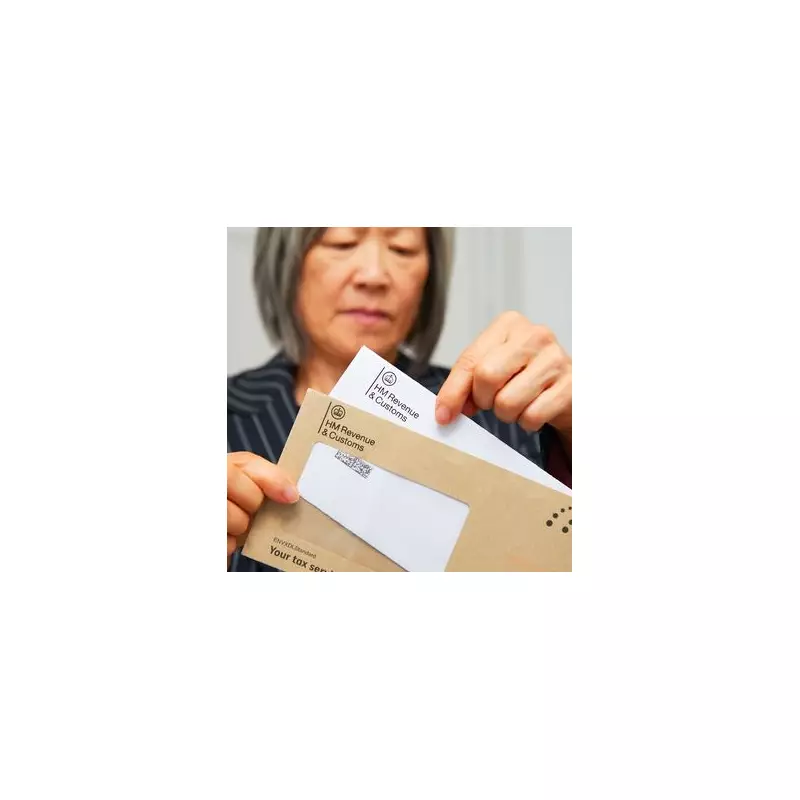
Are you one of the millions of Brits owed a surprise windfall from the taxman? HM Revenue and Customs (HMRC) is currently holding a staggering £42 billion in unclaimed tax repayments, with the average refund standing at a substantial £689.
Many taxpayers are completely unaware they've overpaid due to common issues like incorrect tax codes, changing jobs, or work-related expenses they could claim for. The money is rightfully yours, but HMRC won't necessarily come knocking—you need to take action.
How to Check if You're Owed a Refund
The process is simpler than you might think. You don't need to hire an expensive accountant or tax agent.
- Check Your P800 Form: HMRC will send you a P800 tax calculation letter if they've identified an overpayment.
- Review Your Tax Code: An incorrect code is a common reason for overpaying. You can check your current code on your payslip or via the HMRC app.
- Claim Online for Free: Use the official, free 'Claim a tax refund' service on the GOV.UK website. Be wary of third-party firms that charge hefty fees for this simple process.
Red Flags: Beware of Tax Refund Scams
With so much money waiting to be claimed, scammers are having a field day. Genuine HMRC communications will never...
- Ask for your bank details via text or email.
- Force you to use a third-party agent.
- Threaten you with arrest for not immediately paying a fake tax bill.
If you receive a suspicious call, text, or email, report it immediately to HMRC.
What Can You Claim For?
You might be eligible for a rebate if you have paid for...
- Professional subscriptions or fees.
- Uniforms or work clothing you clean yourself.
- Business mileage using your own vehicle.
- Working from home expenses (especially relevant post-pandemic).
- Tools and equipment for your job.
Don't let your hard-earned cash gather dust in a government coffers. A few minutes of your time could put hundreds of pounds back in your pocket.




